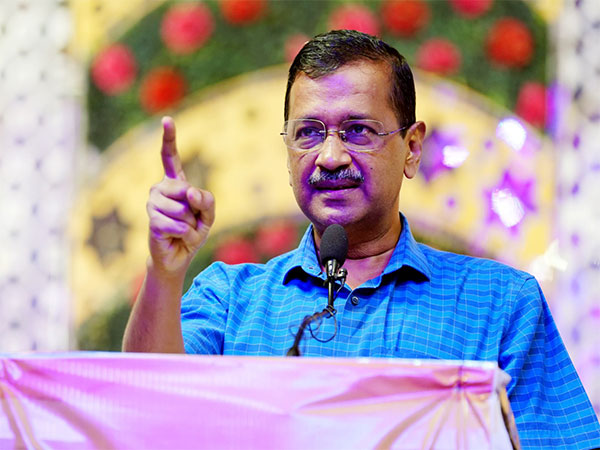
A report by the Resolution Foundation recommended that this action is taken if “concerns” persist over the number of EVs being bought. The research also called for the Government to scrap “arbitrary” EV tax breaks, as the schemes’ “unfairness” means they generally favour drivers on higher incomes. Benefit-in-kind incentives are limited to people whose employers provide company cars – which are often those earning larger wages – while salary sacrifice is pegged to an employee’s tax rate, meaning higher earners receive a bigger incentive.
The report said: “The withdrawal of these tax incentives should be pre-announced, which would bring forward demand for EVs as motorists look to take advantage of them before they expire. “If, though, sales concerns persist, then ministers should look to increase taxes on new non-electric cars to reduce the premium associated with purchasing a new EV, rather than subsidise EVs any more.” Taking action to reduce the higher cost of EV public charging compared with charging at home should also be a “key focus”, according to the Resolution Foundation.
Resolution Foundation principal economist Jonathan Marshall said: “If the UK is to reach net zero by 2050, we need to decarbonise travel, and fast. “That’s no easy task when it makes up a third of our carbon emissions. “But the cash prize for doing so could be huge, with more than £20 billion of annual savings on the table by the mid-2030s.
“The transition to electric vehicles promises to reduce costs to motorists. “However, the risk is that without further policy changes, those savings could all go to richer households. “But with universally affordable charging for electric vehicles, targeted discounts for public transport, and more comprehensive carbon pricing for those reluctant to ditch their frequent flights, a fair transition is very much within our reach.
” Steve Gooding, director of motoring research charity the RAC Foundation, said: “Tax incentives that favour wealthier households might stick in the craw, but it’s the wealthier motorists and fleet buyers who will ultimately drive the transition to electric motoring because they buy the new cars that ultimately cascade into the used – more affordable – market. “More focus is clearly needed on the coverage, cost and reliability of public charging if the remaining consumer caution about EVs is to be overcome.” The Society of Motor Manufacturers and Traders (SMMT) said private demand for new diesel cars grew faster than for pure battery electrics last month.
Registrations of the former grew by 17.1% year-on-year, compared with a 3.6% increase in the latter, despite heavy discounting of EVs by manufacturers.
But EV lobby group Electric Vehicles UK claimed this is a “misrepresentation”, as total new electric car sales – including those sold as company cars – were up 24.4%..










